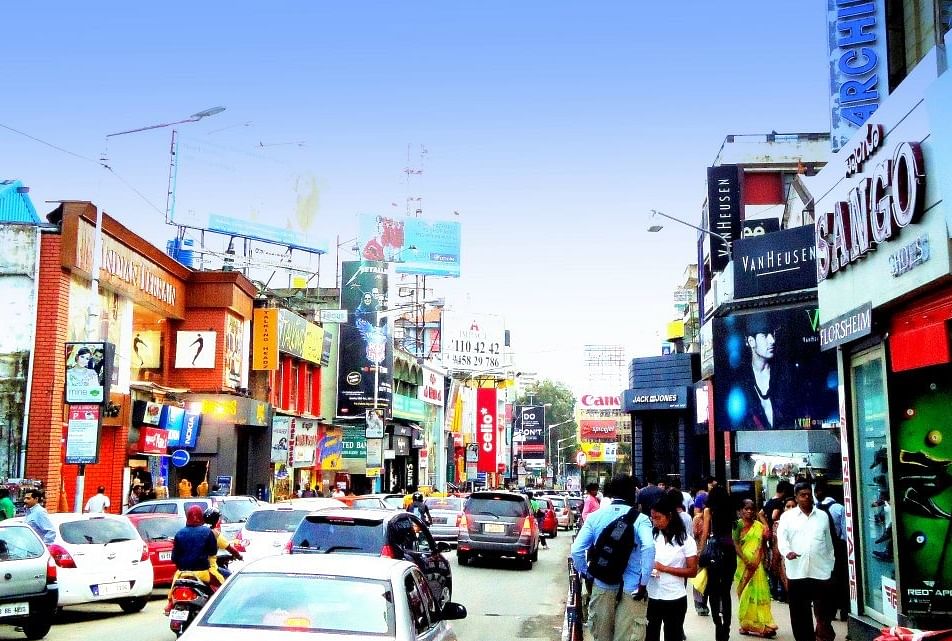Singapore still the most expensive city; instability in India is a prominent factor in lowering the relative cost of living, says an EIU report.
New Delhi: Bengaluru has emerged as the cheapest of India’s major cities and the fifth least expensive in the world, according to a global cost of living report released by the Economist Intelligence Unit Thursday.
Of the 139 major cities surveyed, three from India occupy the top 10 slots. Bengaluru, Chennai and New Delhi have been ranked as the fifth, eighth and the tenth least expensive metros respectively.
For the fifth consecutive year, Singapore remains the world’s most expensive city, according to the EIU report. The other cities offering a lost cost of living are Damascus in Syria, Caracas in Venezuela and Karachi in Pakistan.
The survey compares more than 400 individual prices across over 150 products and services, including food, drink, clothing, household supplies and personal care items, home rents, transport, utility bills, private schools, domestic help and recreational costs.
“Within Asia, the best value for money has traditionally been offered by South Asian cities, particularly those in India and Pakistan. To an extent this remains true, and Bengaluru, Chennai, Karachi and New Delhi feature among the ten cheapest locations surveyed” the report says.
However, while Indians might cheer the news about the low cost of living, the report warns of the increasing instability in the country.
“Although the Indian subcontinent remains structurally cheap, instability is increasingly becoming a prominent factor in lowering the relative cost of living of a location,” the report reads.
“This means that there is a considerable element of risk in some of the world’s cheapest cities. Put simply, cheaper cities also tend to be less liveable.”
It says that India is tipped for rapid economic expansion, but in per head terms wage and spending growth will remain low.
“Income inequality means that low wages are the norm, limiting household spending and creating many tiers of pricing as well as strong competition from a range of retail sources,” it says.
According to the report, in addition to the limited household spending in South Asian countries, the cheap and plentiful supply of goods into cities from rural producers with short supply chains as well as government subsidies on some products, has kept prices down, especially by Western standards.
Over a year, the price of 1 kg loaf of bread has risen to Rs 86 from Rs 80; a bottle of table wine has increased to Rs 1,066 from Rs 981; 20 branded cigarettes have risen to Rs 322 from Rs 256 and the price of unleaded petrol to Rs 75 per litre from Rs 67.
Read the full report here.
